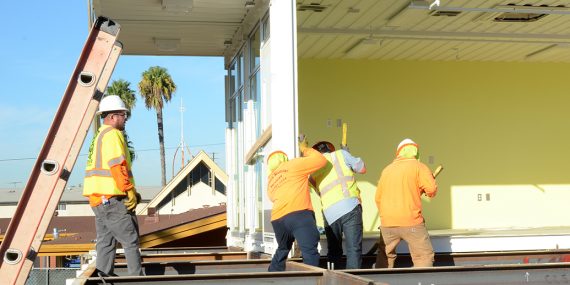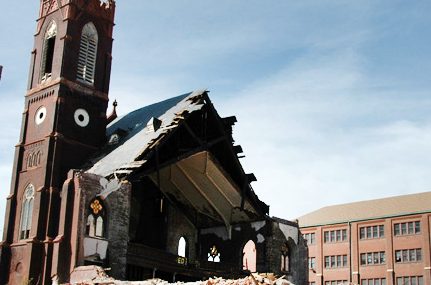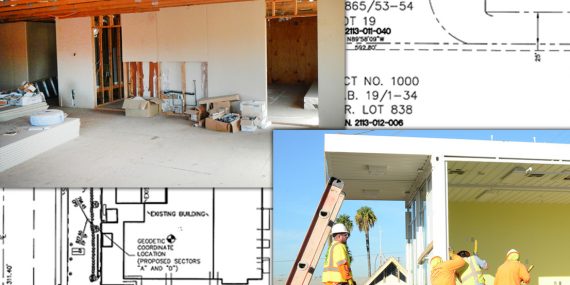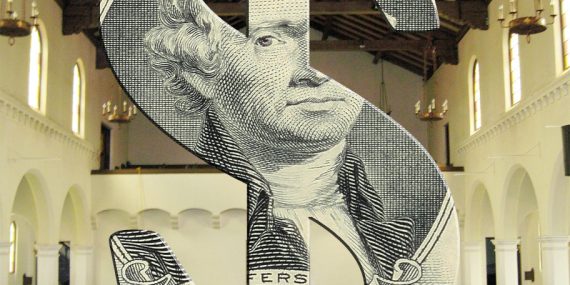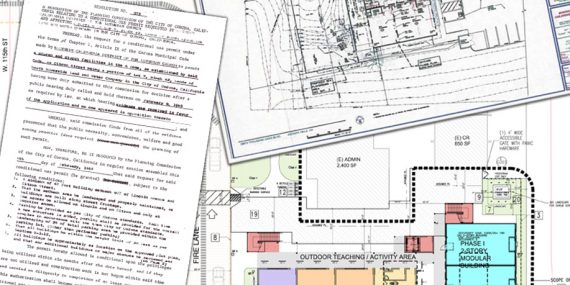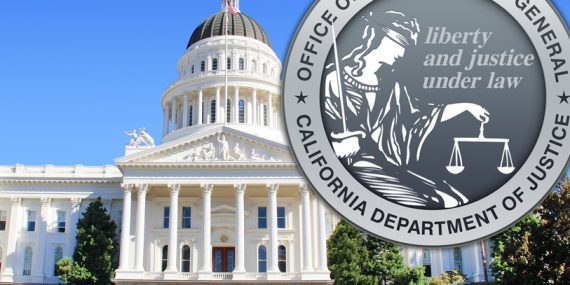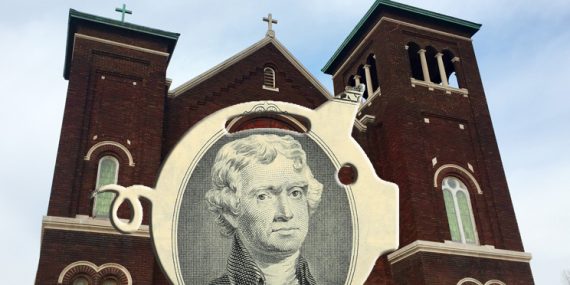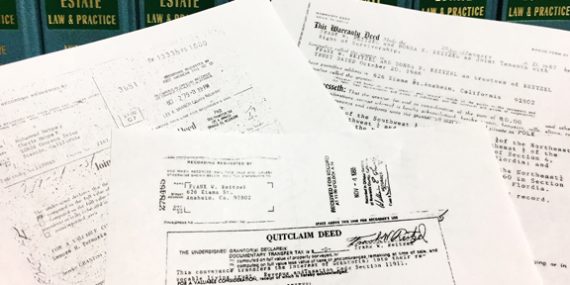General Liability Insurance
Nearly all agreements which involve the use of real property require liability insurance in one form or another. Once we get through the general terms of use, most of the questions I receive come in the area of insurance. Insurance requirements are often the most misunderstood and over-looked areas of real property. What follows is a simplified explanation intended to answer to most-often asked questions relating to real property. Insurance Requirements: The simple truth is that requiring a tenant or other user of your property to have insurance serves the […]

